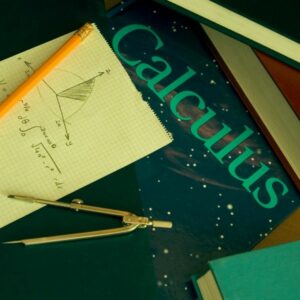
07 Jan Calculus Tutoring
CALCULUS TUTORING IN NYC

OUR CALCULUS TUTORS FOR K-12 STUDENTS travel to YOUR home:
we also travel to:
CALCULUS TUTORING
Why is calculus hard for students?
Calculus is challenging for some students because of the need for more knowledge about the nature of the subject. You likely believe that calculus marks the end of a series of mathematics courses, including algebra, geometry, trigonometry, etc. Regrettably, this is untrue.
Calculus is the “rite of passage” into many fields of the physical, engineering, and social sciences and the start of an entirely new branch of mathematics. A new set of tools and a new method of problem-solving that involves many steps must be learned. You will learn a new way of thinking and seeing mathematics and nature through calculus.
How does calculus apply to real-life situations?
Calculus is used to improve the architecture of buildings and important infrastructures such as bridges. In Electrical Engineering, Calculus (Integration) determines the power cable length needed to connect two substations miles away.
Considering the importance of this subject for your student’s future careers, you can hire a tutor to help them understand the subject better.
Hiring a tutor to assist with homework, assessment and quiz preparation, and general skills can greatly enhance a student’s performance in the course when they need help understanding the subject as it is taught in class.
Calculus tutors may work with their students to improve their overall study and note-taking skills and their calculus knowledge and memory.
Here are the key concepts of Calculus Tutoring:
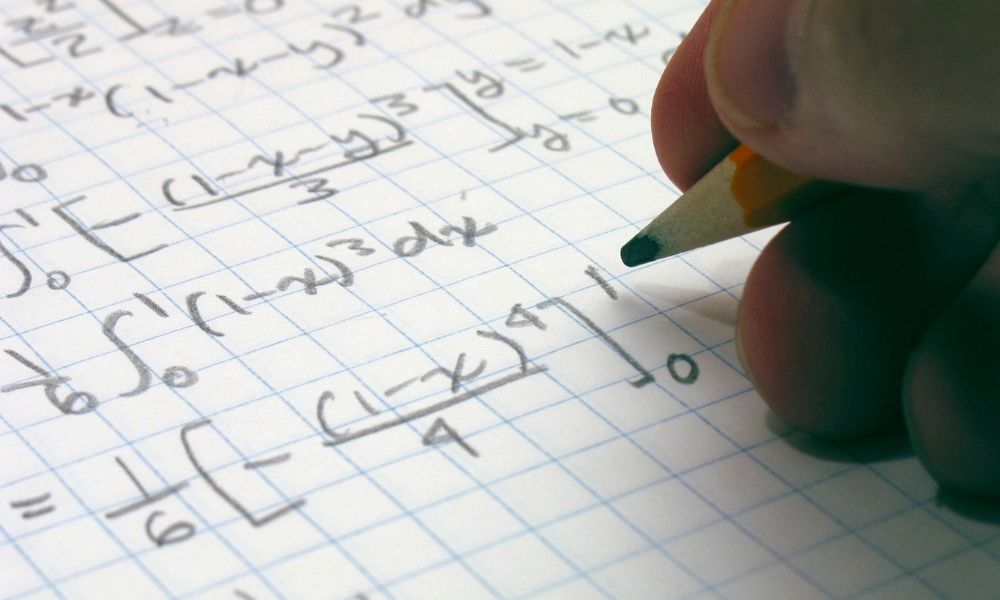
Limits and Continuity
A function f with variable x is continuous at point “a” on the real line if the limit of f(x), when x approaches the point “a,” is identical to the value of f(x) at “a,” which indicates that f is continuous (a).
Keep in mind that for a function to be continuous at a point, there must be a limit and two other conditions. At that stage, the function must be defined, and. At that time, both the limit and the function must have equal values.
Derivatives: Definition and Basic Rules
The rate at which a function changes in relation to a variable in mathematics. Calculus and differential equations problems must be solved using derivatives.
- The Rate of Change of a Function
- The Derivative Function
- Derivative Rules
- The Chain Rule
- Derivative Rules for Trigonometric Functions
- Derivative of Exponential and Logarithmic Differentiation
- Derivative of Inverse Functions
Derivatives: Chain Rule and Other Advanced Topics
Rules for Finding Derivatives
- The Power Rule.
- Linearity of the Derivative.
- The Product Rule.
- The Quotient Rule.
- The Chain Rule.
Application of Derivatives
- Elasticity of Demand
- Related Rates
- Linear and Higher Order of Approximations
- Indeterminate Form
- Extrema of a Function
- The Mean Value Theorem
- Curve Sketching
- Optimization Problems
Analyzing Functions
Graphs, tables of values obtained by experimentation, algebraic formulas, or a combination of these can all be used to create functions. If that makes sense, in the latter condition, the table provides a number of locations in the plane that we may interpolate using a smooth curve.
- The Vertical Line Test
- Domain of the Square-Root Function
- Open Box
- Circle of Radius r Centered at the Origin
- Domain
- Piecewise Velocity
- Piecewise Defined Function
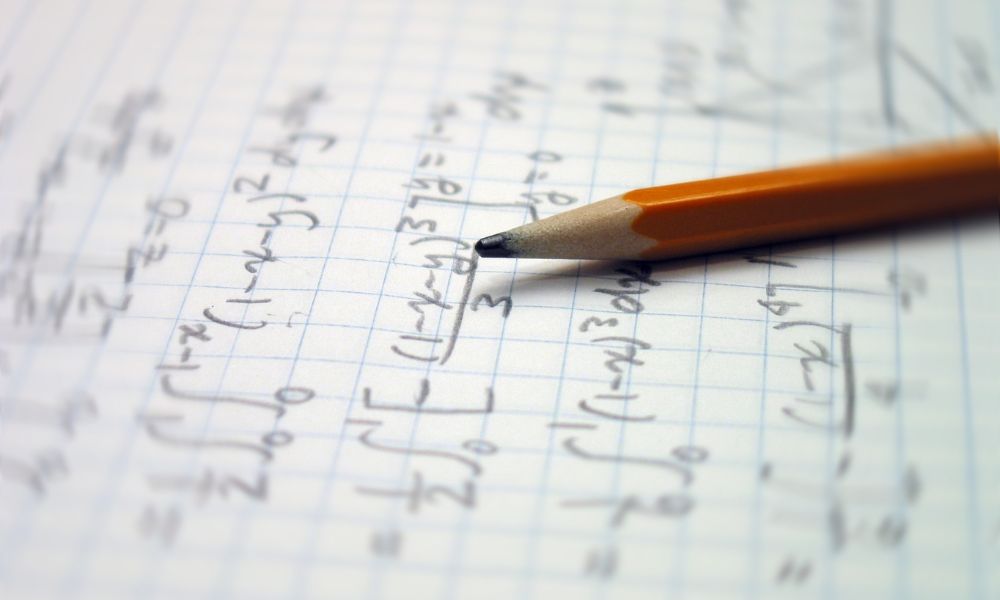
Integrals
An integral in calculus is a mathematical concept representing an area or an expanded version of an area. The basic components of calculus are integrals and derivatives. The terms antiderivative and primal are additional terms for integral.
Types of Integrals
Definite Integrals
Definite integrals have start and end values and upper and lower bounds. A definite Integral, also known as a Riemann Integral when it is constrained to lie on the real line, and the value of x is only allowed to lie on a real line.
Indefinite Integrals
The upper and lower bounds are not used to define indefinite integrals. The derivatives of the provided function are represented by the indefinite integrals, which return a function of the independent variable.
Differential Equations
Any equation containing one or more terms and one variable’s derivatives with respect to another variable is referred to as a differential equation.
Application of Integrals
Functions, differentiation, and integration are a few calculation techniques. Integral applications can be found in several disciplines, including science, engineering, and mathematics. Additionally, we primarily use integral formulas to calculate areas or irregular forms in a two-dimensional space.
TESTIMONIALS
My child worked with Gillian D virtually for math enrichment. She is an excellent teacher. She took time to understand my child’s specific learning style and provided tools that would be engaging. She was kind and empathetic- really made it her goal to connect with my child and build trust and rapport. My child started the school year with confidence and without the typically “brain-drain” that occurs over the summer, thanks to Gillian.
-NICOLE MAY
I want to thank you for the wonderful math tutoring you did with V! We really can see the changes in her self-confidence. It has been encouraging to see her improving her math grades. She is a big fan of yours, as are we. Because of the way LaGuardia HS is structuring classes for the year, V’s math class has now ended. Regardless, we will want Gillian to tutor V again when math officially starts up again in the fall.
-J.G.
This company is great in finding awesome learning specialists who work with kids of all ages and use multisensory techniques to help break down abstract concepts. My child needs help with math and they were able to supply my child with a top-notch math tutor who was able to really help my son improve. Not only is it hard to find qualified math learning specialists who work well with school aged children, but they come to your home, which is a real godsend.
-MR. K.KIM
My son, a junior in a private high school worked, with a wonderful tutor from Themba to get ready for his SATs. I spoke with Blythe and she asked detailed questions about my sons strengths and weaknesses. She put me in touch with Don, who worked beautifully with my son. Don immediately understood where my son needed help and focused their time together on specific areas of need. He also recognized my sons strengths ( math )and was able to accelerate his understanding in those areas. My sons score jumped 190 points! The individualized instruction he got from Themba and Don was amazing! I highly recommend these wonderful people.
-MARIE W.
I thought Paul was terrific and our son did too! Paul was particularly helpful on the math section of the ACT and math in general. Paul had an amazing rapport with our son, and that made the twice weekly commitment, for tutoring, fine for our son, which is really important. We highly recommend Paul!
-MARTHA P.
MEET OUR NYC CALCULUS TUTORS

MELISSA
Certified Math and Special Education Teacher, MS Math Education

LEAH
Bachelor’s degree in Secondary Education with a Concentration in Mathematics, M.S. in General and Special Education (grades 1-6)

TRACY
Certified Special Education Teacher
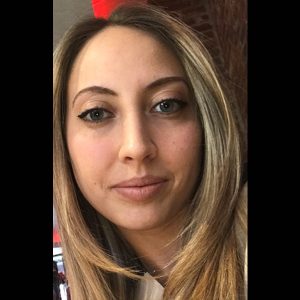
KARINA
Masters in Math Education
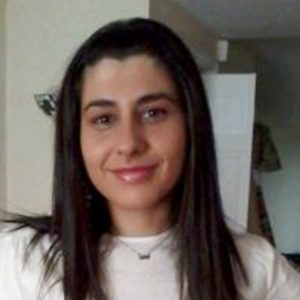
CAILIN
M.A. – Special Education

EVAN
Master’s in Leadership in Math Education, Bachelor’s Degree in Mathematics

WILL
Master of Science, Special Education

AARON
Master’s in Math Education

JEFFREY
Master’s in Mathematics Education(5-9)
Craig Selinger
Latest posts by Craig Selinger (see all)
- Psychotherapy and Support Services at Cope With School NYC - April 12, 2024
- NYC Parents of Teens Support Group - April 8, 2024
- Here I Am, I Am Me: An Illustrated Guide to Mental Health - April 4, 2024














No Comments